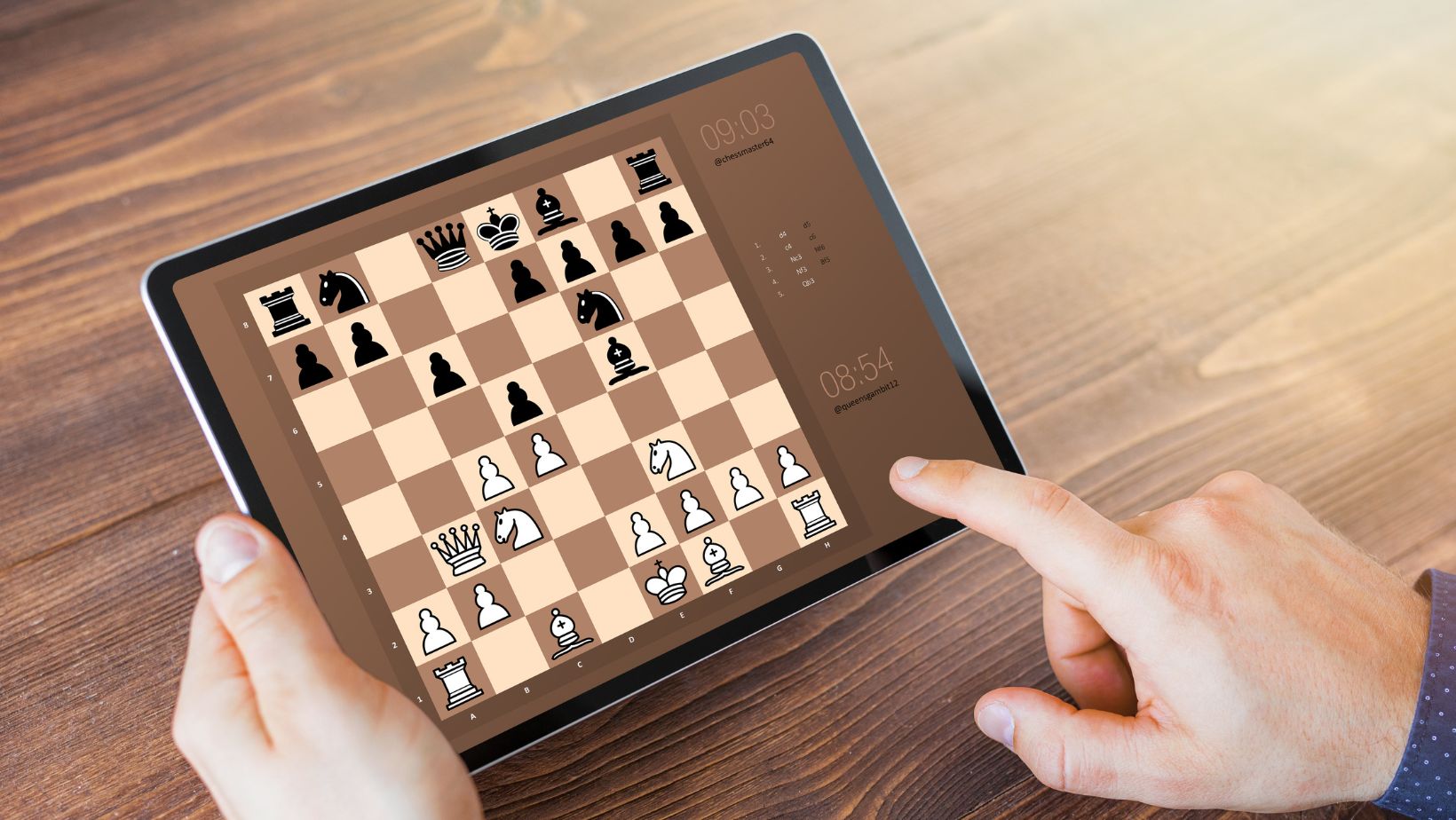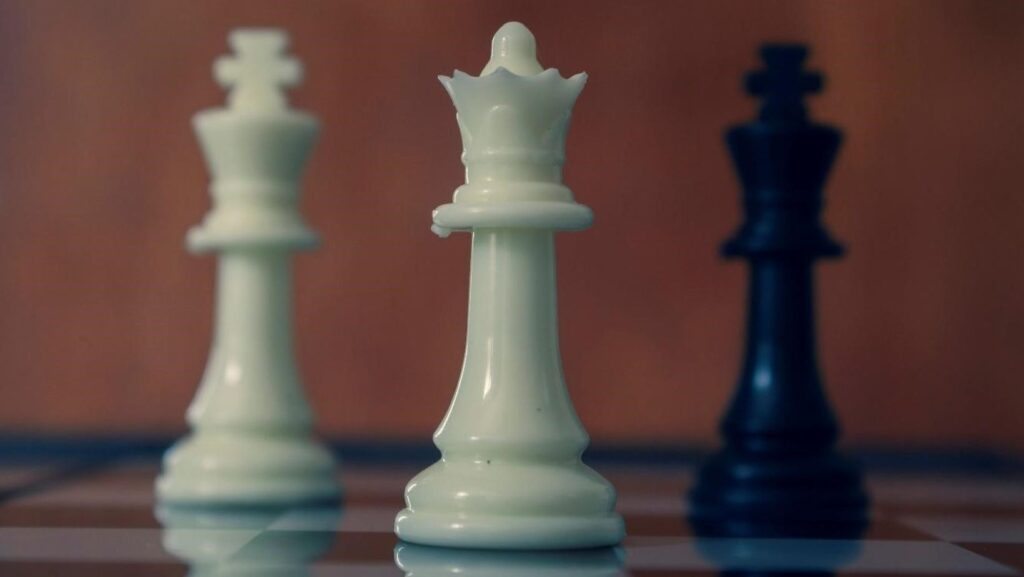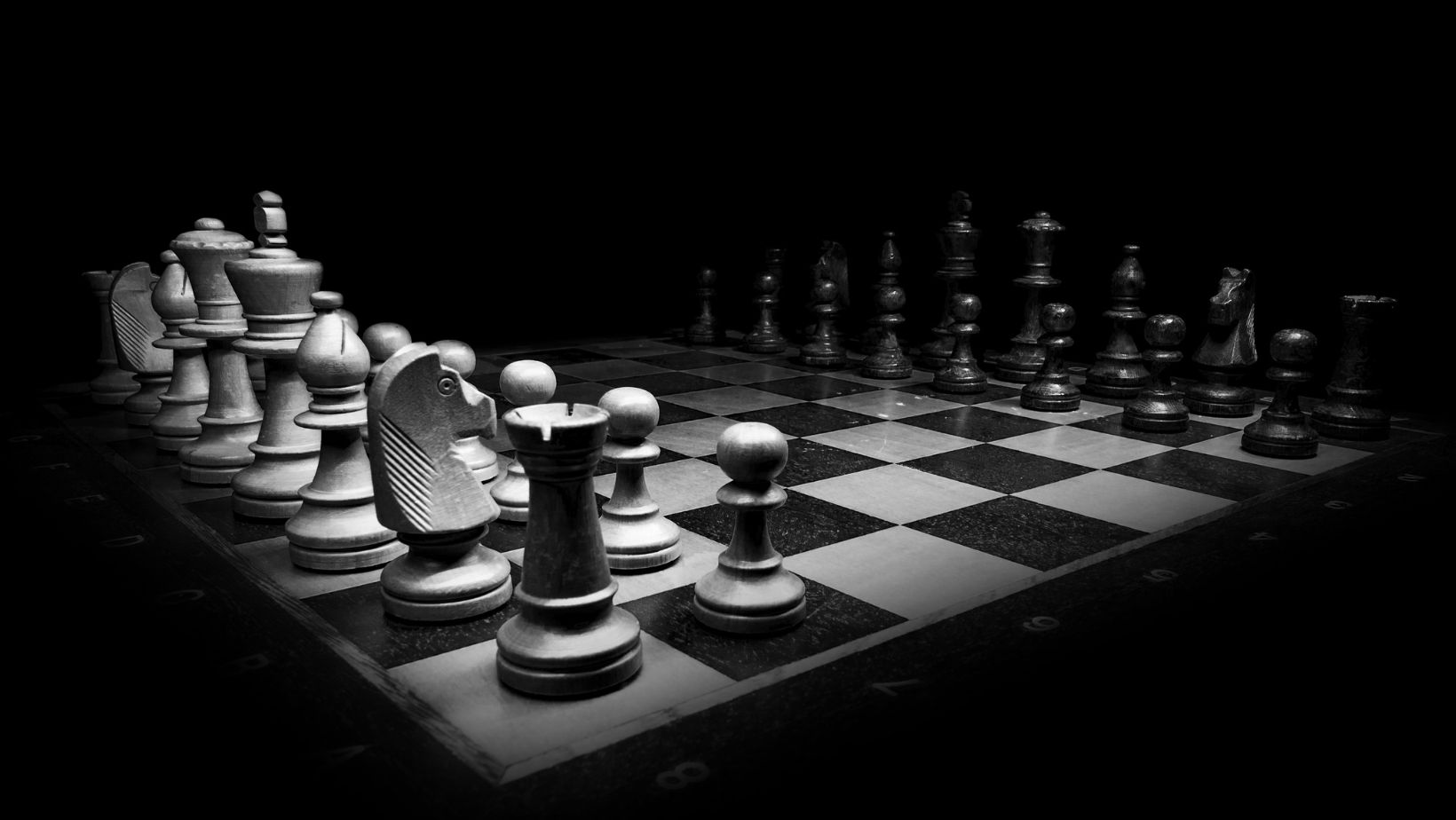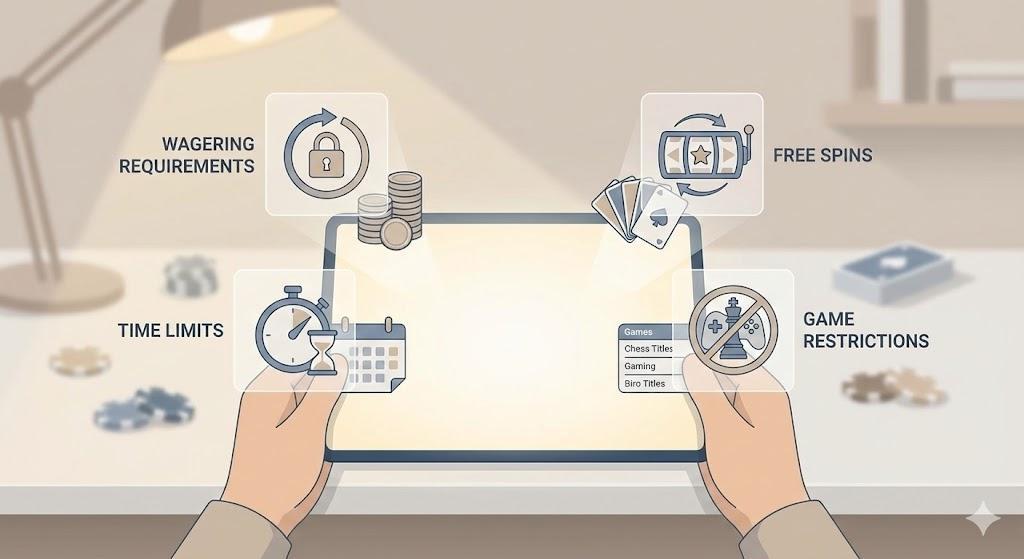It’s impossible to talk about games in general without mentioning what is arguably the most well-known game in the world: chess! Despite being unique, it shares a lot in common with other types of games.
When we talk about chess, it’s common to think of it as a game with high competitive value but little connection to progression, rewards, and engagement, especially offline. In reality, that’s not true! Although it is traditionally a “flat” game, there is much that can be done with it.
In this article, we’re going to answer the following question: how can you create progression and reward systems in online chess? The options include customizations, ranked matches, a story mode, format variations, and even campaigns featuring popular intellectual properties.
Table of Contents
ToggleHow To Create Progression And Reward Systems In Online Chess?
Although chess is often seen as a game rooted in tradition and strategy, the online environment opens up space for innovation. Just like in other digital games, player engagement can be enhanced through well-designed systems of progression and rewards.
These features can make the experience more dynamic, personalized, and motivating, especially for casual players or newcomers. Below are some effective ways to implement such systems while preserving the core essence of chess.
Implement Piece And Board Customization Features
The first way to build progression and reward systems to maintain engagement in chess is also the simplest, as it appeals purely to aesthetics, customization options, and we’re talking about colors and patterns for pieces, boards, backgrounds, and much more.

Players can earn the ability to visually customize their matches as they win games, encouraging them to keep playing. This solution requires investment in design aspects, but it doesn’t fundamentally alter the rules of chess, making it relatively easy to implement.
Consider Ranked Match Systems
The second way to create progression levels is possibly the most popular in online games: ranked matches! This is a system where players are matched with others of similar skill levels, increasing the challenge and allowing them to stand out on a platform.
Papersgame.io is an example of an online chess site that features player ranking, while also offering free chess play with friends in unranked matches. This solution emphasizes the competitive aspect of chess, which is essential for maintaining an engaged community.
This balance between structured competition and more casual matches benefits both those looking to improve their skills and those who play just for fun. The presence of a ranking system helps create a more active community where players feel challenged and recognized in their individual journey within the game.
Develop A Story Mode That Integrates Chess Mechanics
Immersion has been an important element in video games since their early days back in the 1950s. This also applies to games that existed before video games and were later adapted to digital platforms, like chess. The simplest way to provide this immersion? A story!
A “story mode” offers progression by advancing a narrative as the player wins offline matches. This idea can even be tied to the first on this list, customizations, with the concept that victories in story mode unlock options to personalize the player’s setup.
Adopt Variations In Traditional Formats And Rules
The “traditional” rules of chess are as old as the game itself, but it would be naive to say they’ve remained untouched since the game’s invention. In practice, much has changed, resulting in different “versions” of chess. This can be used to create progression and reward systems!
Instead of limiting players strictly to the traditional format, different styles of play can exist, increasing gameplay variety even within a single game. There’s even the possibility of inventing new modes, such as one that encourages quicker moves or changes the function of each piece.
Invest In Campaigns With Famous Intellectual Properties
To wrap up, here’s an idea for applying a progression system in chess to maintain engagement and a sense of achievement that depends on external factors: marketing campaigns tied to well-known names! Think of partnerships with other games, movies, or series.
Some older games that have been adapted to digital platforms have already been doing this for a while in their mobile versions. Uno, for example, partnered with the K-pop group BTS and with Snoopy cartoons, attracting the attention of fans of those intellectual properties.
As we’ve seen, there’s no shortage of possibilities when it comes to creating a sense of progression and reward in chess, especially in offline modes. It’s up to game developers and platform providers to figure out the best ways to bring all of this to life.





